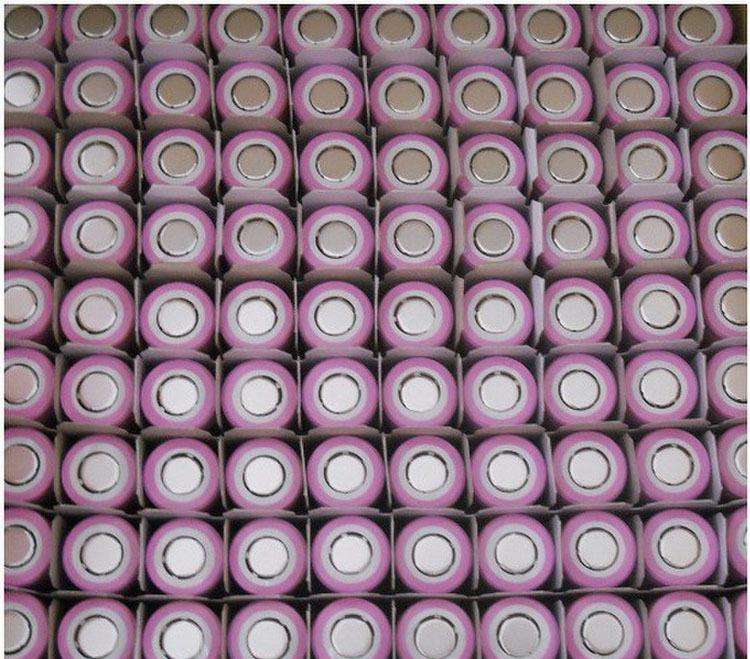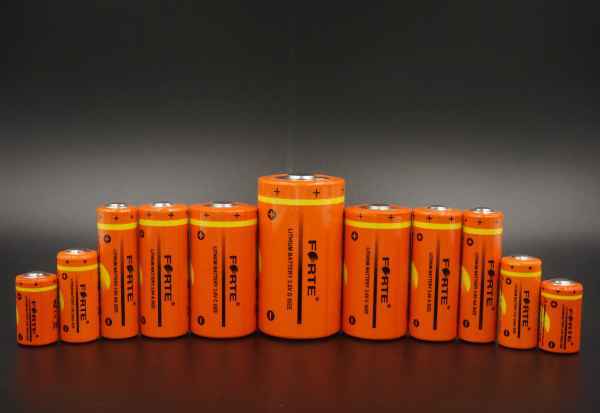Do Lithium Ion Batteries Have A Shelf Life?
Sep 24, 2019 Pageview:10204
Every person who purchases a lithium-ion battery wonder “how long the battery will last”. But the real question should be slightly different. The consumers should be asking “how long the Lithium-ion batteries should last”.
Yes, the questions are confusing but we have to understand the average lifecycle of the battery to know its shelf life. Shelf life is one of the parameters that determine a battery life along with run-time and cycle life. But here, we will focus on shelf life. So, let’s explore the factors concluding in the longer shelf life and some recommendations that will help the consumers to expand their battery life.
What Is The Shelf Life Of A Lithium Ion Battery·
Think that you buy a pack of 9V batteries, but you don’t use them all at once. You put the unused ones on the shelf so that they can be used later. In the period when they are lying on the shelf, how long they hold the charge is referred to as shelf life.
But if a battery pack is rechargeable such as a two-way radio battery, the term shelf life takes a different meaning. Then shelf life is considered as the period in which the battery pack sits without going bad before you charge it again. There are many factors that conclude the shelf life including humidity and temperature. The more humid and warm storage environment reduces the shelf life of a Lithium-ion battery. So, to make sure that your Lithium-ion battery can survive in extreme temperature as well, you need to buy the batteries from a respected and trusted manufacturers and distributors.
During storage, all batteries self-discharge and their contents become prone to decomposition. The higher temperature makes the battery self-discharge at a faster rate. Even the electrolyte in the batteries has a high concentration of ions which might leak through the seals. This will lead to drying up the battery and it will become unusable. Therefore, consumers also have to pay attention to the storage conditions of the Lithium-ion battery. Let’s move to the next section now.
Battery Shelf Life And Battery Storage Recommendations:
As you read in the above section, storing the Lithium-ion batteries in an ideal environment is important to make sure that it lasts as long as expected. Just keep one thing in mind that the Lithium-ion batteries require routine maintenance and care. Every manufacturer provides specific guidelines so that the lifespan of these batteries can be extended. Here are some recommendations for battery shelf life and storage that will maximize the battery life span.
· Don’t leave the batteries on the shelf for a very long period say 6 months. The batteries self-discharge as they sit and it affects their capacity. Even if the battery is installed in the product, don’t leave it unattended and unused for long. Charge the batteries after looking at the charge status or dispose of the battery carefully.
· The rechargeable lithium-ion battery has a limited life and they gradually start losing their ability to hold a charge. And this is called aging which is an irreversible process.
· Even when the batteries are stored they keep on discharging. Therefore, it is vital that you regularly check the charge status of the battery.
While you are putting the Lithium-ion batteries on the shelf, keep these points in mind to ensure that they don’t go bad while they are stored.
· Charge or discharge the battery to 50% of the capacity before you put them away for storage.
· Make sure that you charge the battery approximately to 50% at least one time every six months.
· Don’t leave the battery inserted in the product and then put it away. Remove the battery and store it separately form the product.
· Store the battery in an ideal temperature range of 5°C to 20 °C. A temperature range above 20°C will reduce the battery life significantly.
· Put the battery in a place where it won’t be exposed to any kind of physical or mechanical abuse. The liability of handling the batteries incorrectly will be on the consumer and it might lead to several other issues.
As you can see, even the shelf life of the Lithium-ion batteries isn’t as simple as it sounds. Therefore, you have to make sure that you follow up with the guidelines and handle the batteries with care.
Lithium Ion Battery Expiration Guide:
Now, let’s get to the battery expiration details. There is no denying that someday, the Lithium-ion batteries will expire and you will have to get rid of them.
By expired, it means the battery will no longer have a full life or charge cycle. Generally, when the self-discharge exceeds 20%, the batteries can no longer perform the same as it used to. Most of the batteries you purchase from the market come with an expiration date which is written on the packaging along with other battery information.
Once you know that your battery has expired, you will have to follow specific rules for the disposal and recycling of the Lithium-ion batteries.
· Before you dispose of the batteries, check the rules and regulations of your country and region. If you can’t find them online, then contact the local battery recycling organization of your area.
· There are countries that prohibit the disposal of waste electronic equipment along with the standard waste, so, you have to follow the procedure recommended by them.
· Put the discharged battery in the container and use electrical tape on the terminals to prevent short circuits.
Handling Lithium-ion batteries isn’t an easy task as you might think. There are many regulations that consumers have to follow in order to keep up with the batteries. Any inconsiderable negligence can have drastic consequences. After all, the battery is filled with chemicals.
So, the next time you are purchasing the Lithium-ion batteries, look for the ones which are designed and distributed by a trusted manufacturer. They might cost you a few more bucks but at least you will get high-quality batteries.
- Prev Article: Why do lithium-ion batteries die?
- Next Article: How Do Lithium Ion Batteries Explode?
Leave Message
Hottest Categories
-
Hottest Industry News
-
Latest Industry News











